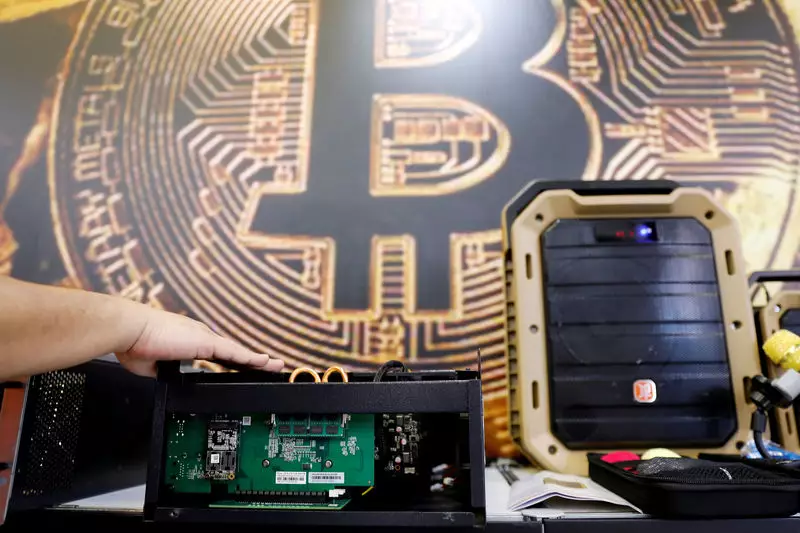The conversation surrounding the potential adoption of the Bitcoin Standard by the United States has surged in popularity, particularly among cryptocurrency advocates. Ki Young Ju, the CEO of the on-chain analytics firm CryptoQuant, recently shared his insights on social media, expressing skepticism about this possibility. Ju’s reflections are grounded in historical context and the current economic climate, showing that while there are calls for Bitcoin to replace traditional financial systems, systemic change is seldom spontaneous and often requires significant existential threats.
Historical Parallels to Gold
Looking back at the 1990s, one can draw parallels to the gold standard debates ignited by economic crises. Historians and economic analysts often note that periods of financial instability can revive discussions of reverting to a more established, tangible form of currency, such as gold. Ju emphasized that during these times, figures like Peter Schiff championed the gold standard, attributing gold’s rising value to fears over U.S. economic dominance. Ju asserts that, similarly, Bitcoin is now emerging as the focal point of ideological discussions in the context of financial security and economic integrity.
The Bitcoin Narrative
Ju points out an intriguing development: Bitcoin is increasingly seen as a digital replacement for gold, aspiring to fill the ideological void left by traditional commodities. The fervor surrounding Bitcoin is palpable, with passionate supporters and maximalists pushing for its formal recognition as a strategic asset. Nevertheless, Ju’s commentary serves as a reality check, suggesting that adoption by the U.S. government would require a substantial change in the global economic landscape, one that poses a clear threat to current financial dominions.
The notion that the U.S. would readily accept Bitcoin into its monetary framework is complex. Ju highlights that for such a seismic shift to occur, it is unlikely that the U.S. would act based solely on market enthusiasm or ideological alignment with Bitcoin proponents. Instead, it would take a crisis compelling enough to demonstrate the need for alternative reserves. Given the entrenched financial systems and regulatory environments, the path to adopting Bitcoin as a formal asset appears fraught with obstacles—legal, technical, and philosophical.
While Ju remains supportive of Bitcoin’s potential and recognizes its position as a safeguard, he notes the likelihood of the U.S. government engaging with Bitcoin for purposes that differ from the current advocacy narrative. If the U.S. were to begin accumulating Bitcoin, it may do so primarily for economic leverage or risk diversification rather than a full embrace of the Bitcoin Standard. Such a scenario would reflect an adaptive strategy, leveraging cryptocurrency not as an end-goal but as a means to reinforce the U.S. position in the global economy.
The prospect of the United States adopting the Bitcoin Standard is intricately tied to the economic realities of the present and how they tap into historical precedents. Ju’s skepticism underscores the complexities involved in the transition from traditional to digital assets. While the crypto community thrives on the idea of a Bitcoin-centric economy, the current trajectory suggests that any fundamental shift will be largely reactive rather than proactive, focusing more on risk mitigation than a radical departure from the existing financial framework. As the dialogue continues, it will be essential to monitor both economic developments and governmental responses to the increasing volatility of modern currencies.


Leave a Reply